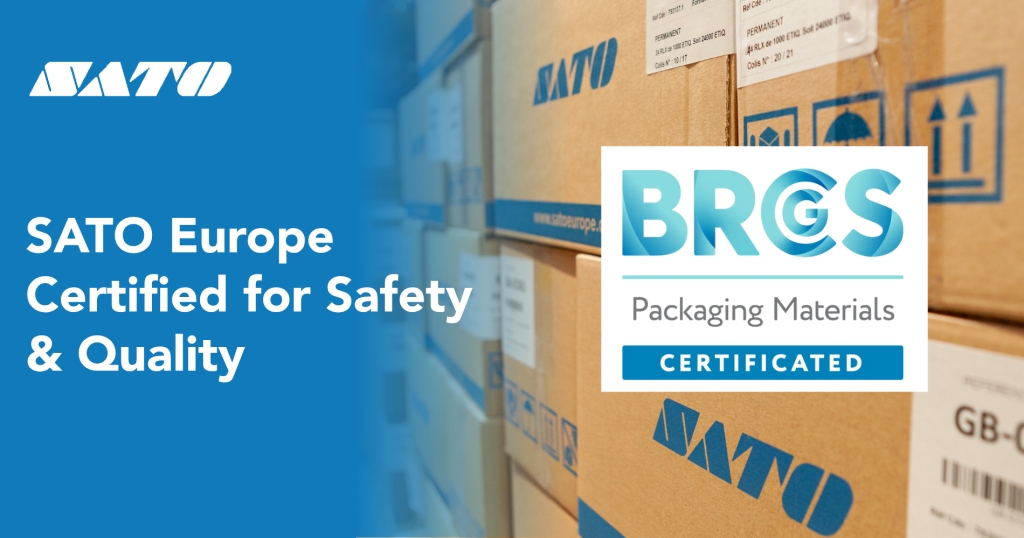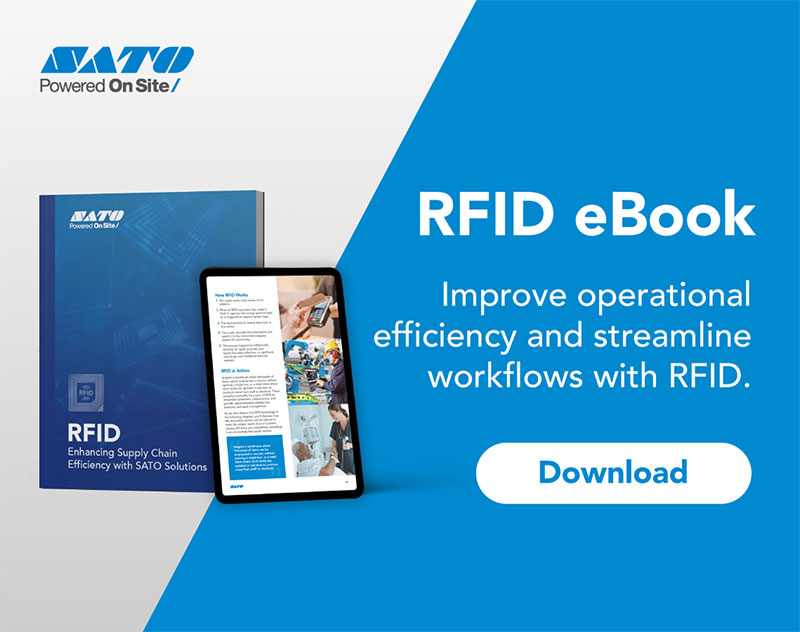Supply Chain Snapshot: Weekly Industry Insights #26
14/10/24
As we move deeper into October, the global supply chain landscape is under increasing strain due to weather disruptions, evolving partnerships, and growing concerns about sustainability. This week’s snapshot dives into how industries from automotive to food and retail are grappling with these issues while integrating technology to build more resilient, efficient supply chains.
Natural Disasters: Hurricanes disrupting global supply chains
The back-to-back hurricanes in the U.S. and surrounding regions have wreaked havoc on supply chains, particularly affecting key industries such as automotive, retail, and food production. Companies are facing extensive delays, logistical challenges, and increased costs as they work to rebuild affected supply lines and mitigate future risks. Read more about the impact of hurricanes on global supply chains.
Automotive: Collaborations and partnerships to overcome disruptions
The automotive sector continues to face significant supply chain disruptions, but partnerships are becoming a key strategy for overcoming these challenges. Major players like Hyundai, GM, Stellantis, and GKN Automotive are partnering with logistics providers to navigate the ongoing disruptions and ensure the steady supply of components. These collaborations are proving critical to keeping production on track, especially as the demand for electric vehicles rises. Learn how automotive companies are managing supply chain disruptions and read more about Stellantis and GKN’s logistics partnerships.
Retail: Costs and logistics challenges ahead of peak season
With the holiday season approaching, the cost of pre-retail logistics is proving increasingly costly for suppliers, adding strain to an already stretched supply chain. The rising costs of warehousing, packaging, and transportation are hitting retailers hard just as they prepare for the busiest sales season of the year. Discover how pre-retail logistics is impacting suppliers.
Meanwhile, RFID technology is proving its versatility in retail, enabling improved inventory management, better fitting room experiences, and more efficient store operations. As retailers look to optimise their supply chains, RFID is becoming a game-changer in ensuring accuracy and transparency. Explore how RFID is transforming retail supply chains.
Unilever is also making waves by overhauling its European homecare supply chain, aiming for a more efficient and sustainable model. This major revamp reflects the growing trend of companies realigning their operations to meet sustainability targets while managing costs. Read more about Unilever’s supply chain overhaul.
Sustainability and sourcing challenges in fashion
Fashion retailer H&M is facing hurdles as it works to improve its material sourcing, particularly with down feathers. Ethical and sustainable sourcing is becoming a major priority for fashion brands as they adapt to increasing consumer demand for transparency and responsible practices in their supply chains. Learn about H&M’s approach to materials sourcing.
At the same time, tighter returns policies across Europe are starting to influence consumer spending, with some predicting that stricter return conditions could dampen shopping behaviour during the holiday season. Retailers are carefully balancing the need to manage costs with keeping customers happy. Find out how tighter returns policies may affect consumer spending.
Food industry: Standards and the fight against waste
The UK’s Food Standards Agency (FSA) has released a report warning that future food standards could be at risk, potentially jeopardising consumer safety and quality. As regulations evolve, the food industry is under pressure to maintain high standards while keeping pace with global trends and disruptions. Read the FSA report on the future of UK food standards.
In the fight against food waste, AI technology is emerging as a key tool to help optimise supply chains and reduce waste. By leveraging AI, companies can monitor trends, adjust procurement strategies, and better manage perishable goods, reducing the environmental impact and cutting costs. Discover how AI is tackling food waste.
Innovation and the future of supply chains
As supply chains evolve, the integration of AI, automation, and technology is transforming how companies operate. From smarter procurement systems to predictive analytics, these innovations are helping businesses build more resilient and efficient supply chains in the face of uncertainty. Explore the evolution of supply chain management.
With natural disasters, regulatory challenges, and rising costs creating complexities across sectors, businesses must embrace collaboration, technology, and sustainability to thrive in an increasingly demanding global market. Stay tuned to Supply Chain Snapshot for ongoing insights on the latest trends shaping the future of supply chains.
Visit SATO Europe for more insights.
Latest News
All News

10/02/26
SATO Europe appoints Armelle Jaclot as European Marketing Director
10 February 2026 – Heidelberg, Germany – SATO Europe...

02/02/26
SATO strengthens its European manufacturing capabilities as Polish site achieves...
2nd February 2026 – Heidelberg, Germany ...












